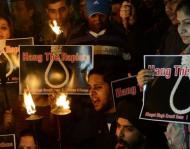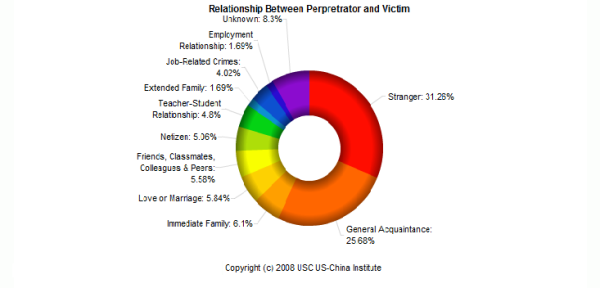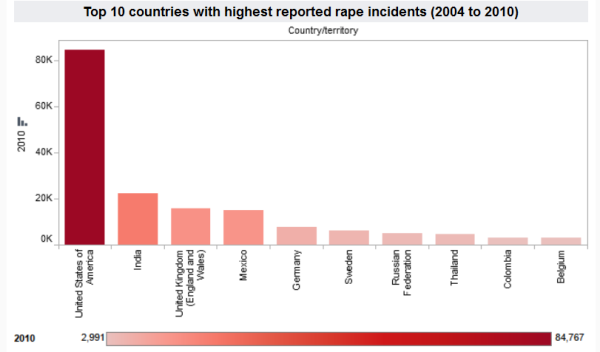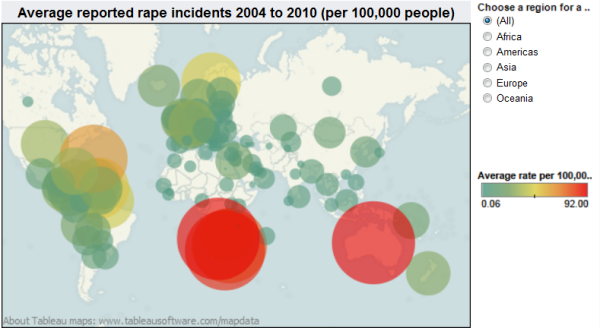Public opinion has found a life of its own, steering the course of events with its nimble hands. Be it the outburst in Egypt, Turkey or Britain, more and more people are coming out – on the roads, in the cafés, gatherings or even online to express what they feel. This is a marked shift from the times of reluctance to express and disillusionment to the point of deliberate silence.
This global shift from Hong Kong to San Francisco makes the average observer wonder – is the timing of these events globally coincidental, or have the personal opinions reached a tipping point, a point where people have suddenly found their voice in the combined individualism of a crowd?
Egypt under Hosni Mubarak was a wonderful example to support this thesis. This period of Egypt was marked by a stability or rather a discipline which is a custom feature of iron-fisted states. A non-democratic and autocratic system of governance is the very foundation of a police state, which was apparently the case in Egypt. Society accepts the norms set by such a government and adapts in the fear of the potential consequences, consequences which are made especially public to avoid the rise of an opinion, any opinion.
This may in fact be considered true for most Middle Eastern nation-states, barring exceptions like Lebanon and Kuwait. It is a known fact that in states like Egypt or Yemen or even Bahrain, police does not have to give a reason, forget a valid one, to reprimand or even withhold an individual. It is a commonality amongst the immigrated or the second grade citizens of these states to either completely avoid certain type of behavior or completely avoid certain type of places. Whether this step-brotherly treatment has given the residents a false sense of conformity or an acceptance of the uneasy discipline is probably a question for those who have not experienced it first hand, but certainly it stems from the iron-hand of the ruler and not from the character of the state or its people or civil components. However, the negative effect of this uneasy stability can be seen in the hardening of stereotypical attitude and non-conciliatory behavior towards the weakest and most vulnerable of the society. A careful examination and it is quite clear that situation at the grassroots is rather murkier that thought or even anticipated. Crimes against women both by individuals and the elements of state have seen an exponential increase, be it rape, molestation or passing strictures that mock the body of a dead woman in the Arab states that became ‘free’.
The strictures to which women in many of these countries are subjected to have ensured that there is not much improvement; rather there has been a progressive degradation of their plight. Ironical is it not, but still true since these are the very women who were an integral part of the public opinion and public movements, be it at Tahrir or RAshtra Path or Istanbul, that forced the change. And now they face abysmal treatment at the hands of the same with whom they walked to clear the nation of its past choices and past oppressions. When it comes to their freedom or their fundamental rights, the situations has led to an absolute mockery of the very ideas of the ‘revolution’ that overthrew ‘dictators’.
Last year in December in Delhi, a 23-year-old girl was brutally raped and murdered. Public anger spilled onto the streets, forcing the government machinery of all the three pillars – executive, legislature and judiciary – to act swiftly. It is ironic that swift action still translated into the case dragging on for 9 months – and this was just the first stage of the judicial appellate system. A CNN presenter questioned the fast track aspect of the case, and the defensive reporter on the Indian side had to remark that in a country where rape cases keep hanging for decades, 9 months was ‘swift’. But, was that a step truly required?
In a stroke of genius, the government gave in to the public opinion, took some immediate measures that would be inconsequential in the future and temporary in effect. The incidence of crimes against women did not decrease.
The government has successfully been able to bypass the public opinion without any police reforms or improvement in the public safety or decrease in crime levels; public anger has come a cropper. A totally useless consequence was the inclusion of the death penalty as the rarest of rare punishment being awarded to rapists, thus neutering the rarest of rare aspect. This aspect, which is left for the judge to decide has not solved the problem at hand; it has rather bandaged the problem with skin coloured band-aid so that there is a semblance of normality even though reality remains where it was before, perhaps even slipping a rung or two.
Societal expectations have not altered; rather it is increasingly compartmentalizing the role of women within its axes of tradition, honour and discrimination. While women work in multinational companies, there are enough cases of women receiving lower salaries than men. Traditions define how they are supposed to behave in public, going to the extent of silly arguments on decency, appropriate clothing and appropriate behavior being defined in confusing, often self-contradictory terminology. This often spills over into absurdity, such as orders on mannequin displays in shops.
Honour is another domain that has more to do with controlling feminine behavior, resulting in ghastly experiences such as ostracisation, communal violence and even cold-blooded murders, as if something tangible that was lost can be redeemed by senseless behavior.
Combined individualism has not resulted in the voice of the crowd being heard. It has rather led to the voice of the mob being heard. Piecemeal solutions as handouts to placate crowds are a consequence of this laizzez-faire attitude that has been adopted by the society of which administration is nothing but a sub-set. And the casualty as is always the case, the female gender.
In the end as Nicolas Chamfort put it: There are certain times when public opinion is the worst of all opinions.






